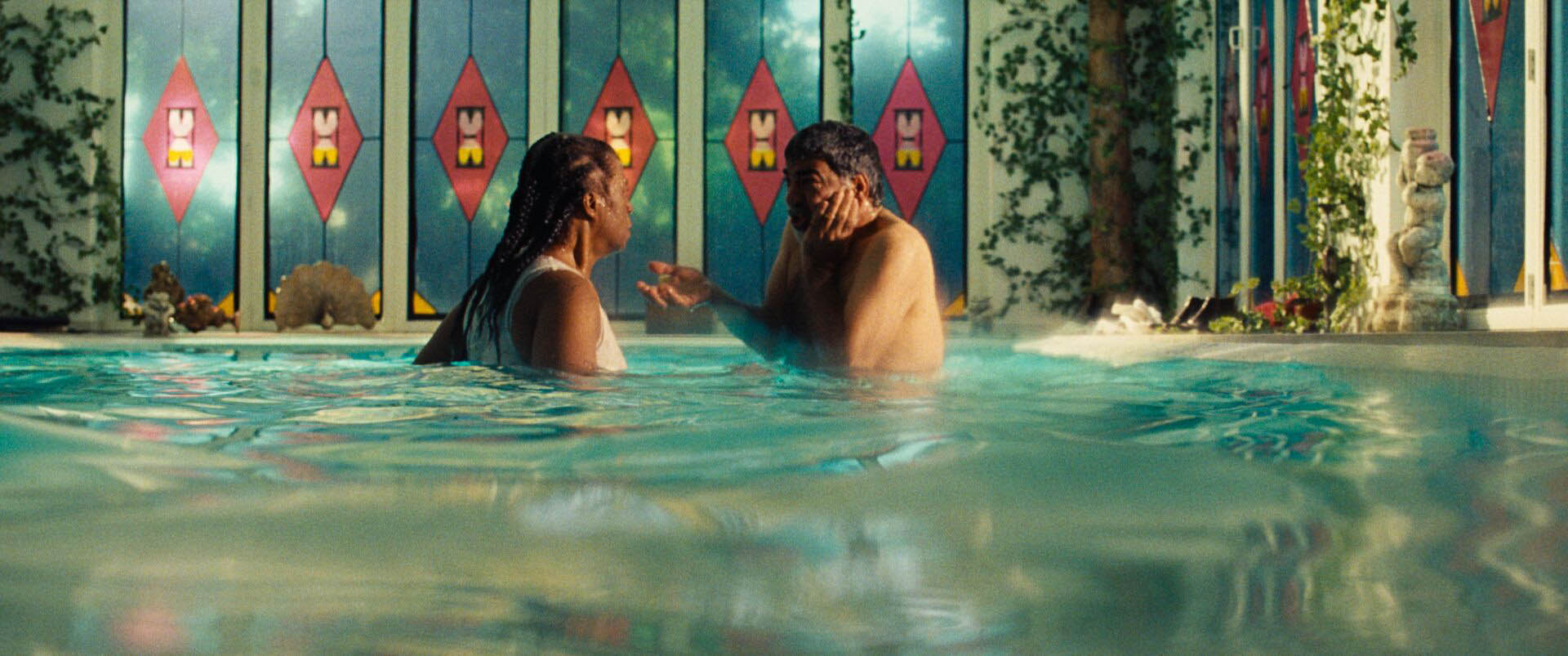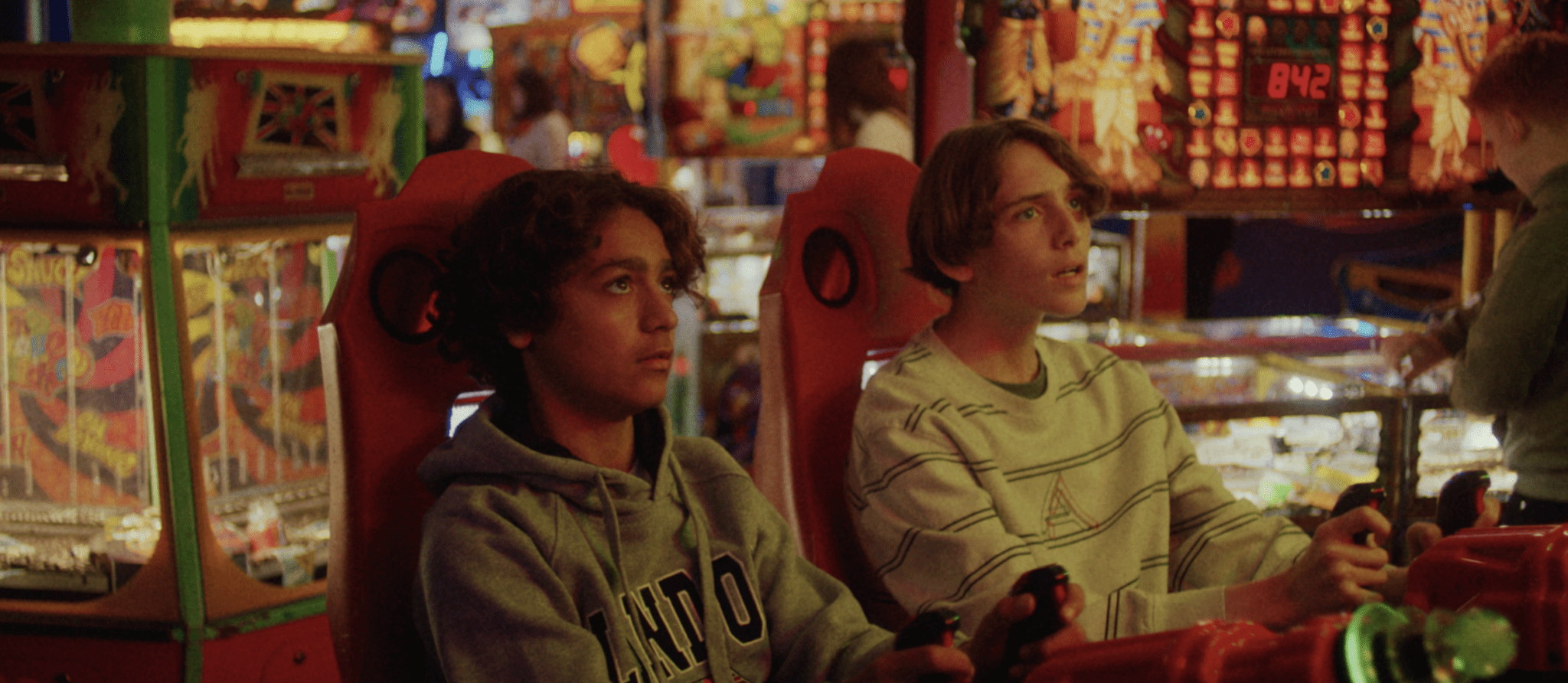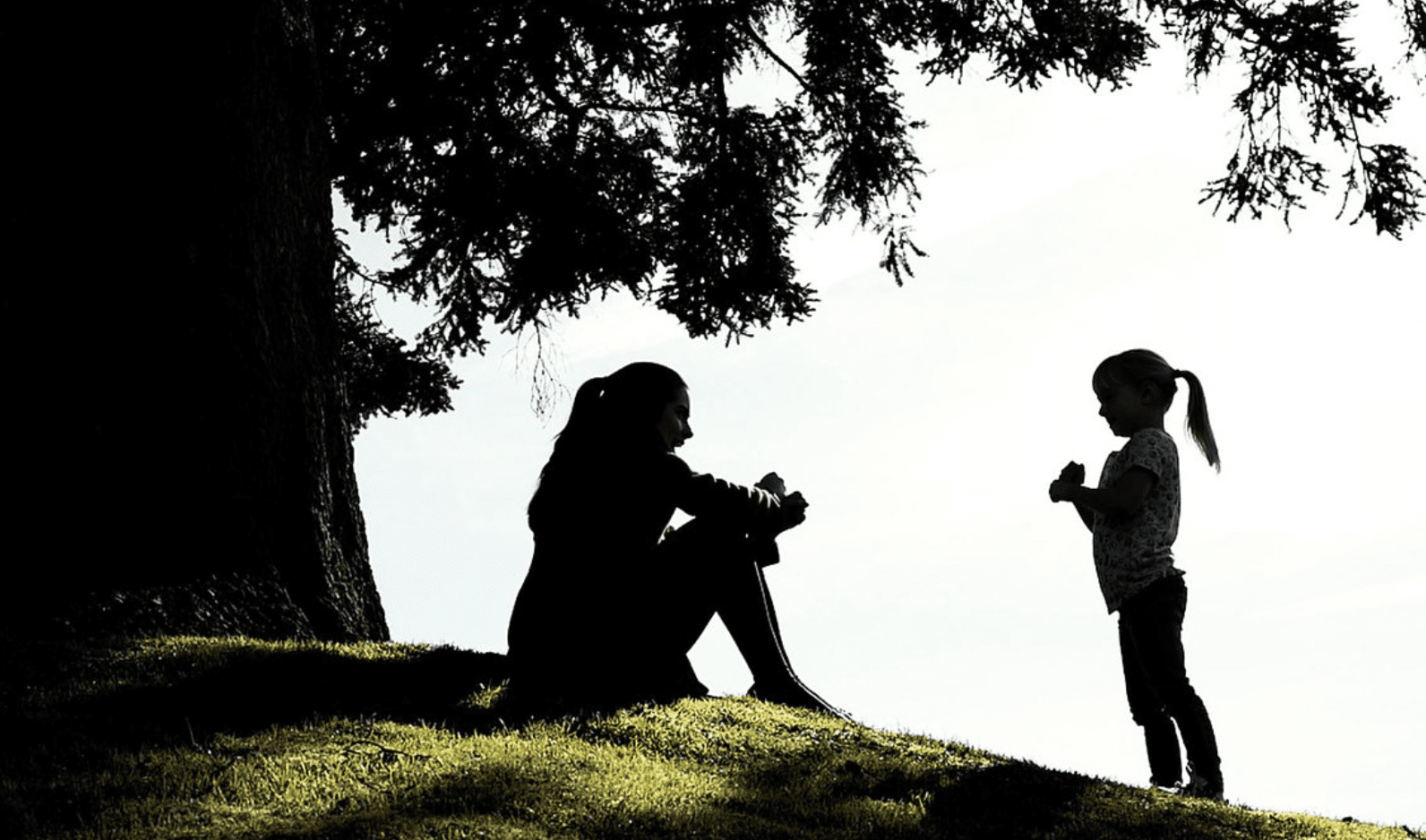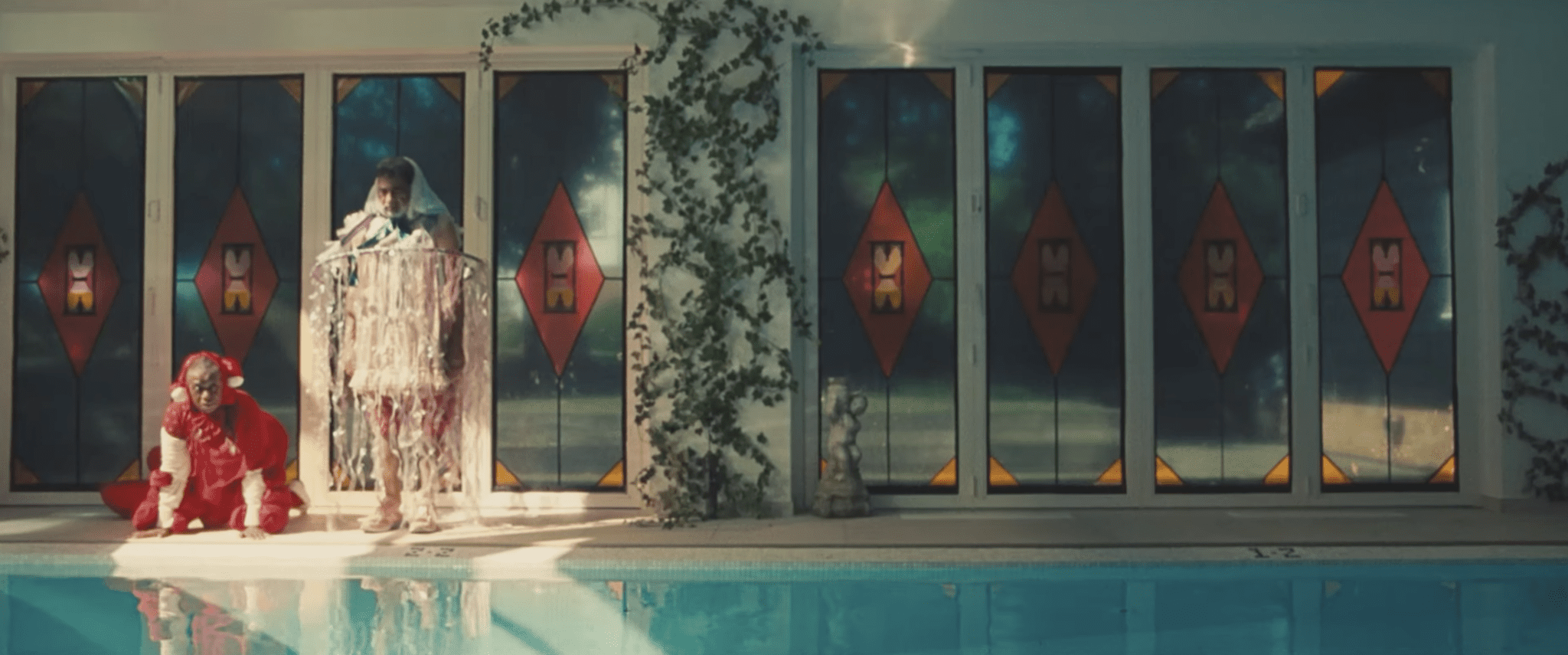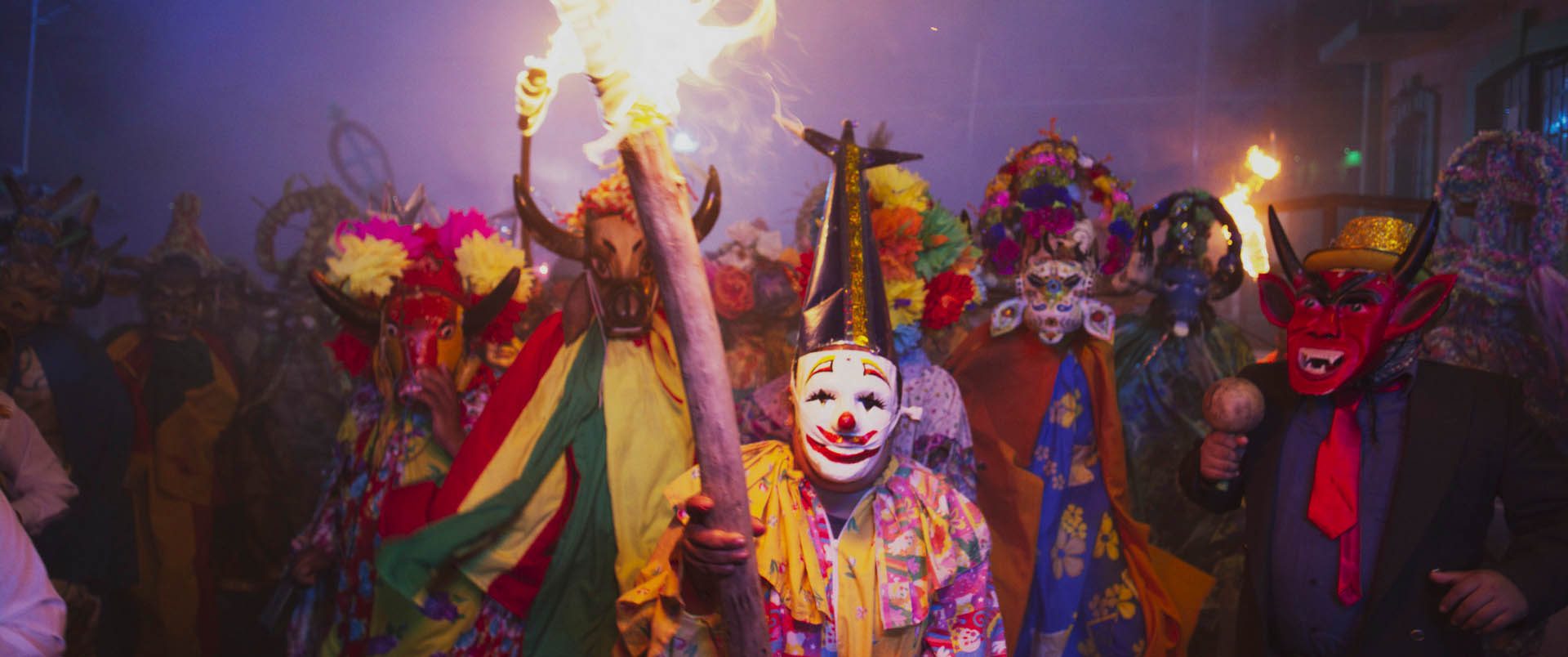Filmmaker Focus: Yasmin Afifi
Yasmin Afifi is a London-based director/writer whose short Jellyfish and Lobster won the Best British Short Award at this year’s BAFTAs. Her films have screened at platforms including Aesthetica, London Film Festival, Tirana and Underwire. In her projects, she loves using the medium of comedy, magical realism and absurdism to explore taboo and dark subject matters. Afifi often inserts grounded characters into more conceptual worlds to explore stories with heart and relevance. We asked her about the BAFTA-winning Jellyfish and Lobster and touched on upcoming projects
ASFF: Jellyfish and Lobster screened at Aesthetica 2023 as part of the “End of The Line” comedy strand. How was that experience?
YA: That experience was so special. I remember posting about it at the time. It’s one that will always stay with me. It was in the City Screen Picturehouse and it was a packed out screening, people were stood along the sides of the cinema, they had to turn people away at the doors. I was so anxious but then the response the film got blew me away. The roars of laughter, the tears, the huge applause during the credits. It was the first time I think that it really hit how much this film was connecting and moving people. I had to rush out after to catch a train to Norwich because we were screening there later that night. And I remember being sat on the train in tears. Happy tears. Just moved by how seen audiences felt watching it. And then all the wonderful messages I got after too. I’ll never forget that feeling. And will always be thankful to Aesthetica for that.
ASFF: Can you talk about the inspiration behind it? How is it personal to you?
YA: The idea came about after my aunt, who had been a second mum to me my whole life was diagnosed with an aggressive form of brain cancer. This came after already losing my Dad to cancer not long before then. And the only way I felt I could both survive and process the pain was by reconstructing it into something beautiful. Of course, there’s nothing beautiful about the cancer itself but there is everything beautiful in the way I witnessed people in the chemotherapy wards I’ve sat with, not allow themselves to be defined by this cruel disease. The people who somehow found the will to live and love relentlessly in the face of their impending end of life. So I wanted to make this film for them. I wanted to create something that would project our lives and experiences back to us truthfully but within the curative power of comic relief and magical realism. A cancer and dementia story that isn’t about cancer and dementia. The characters in the world are the narrators of the story, not the circumstances in which they find themselves.
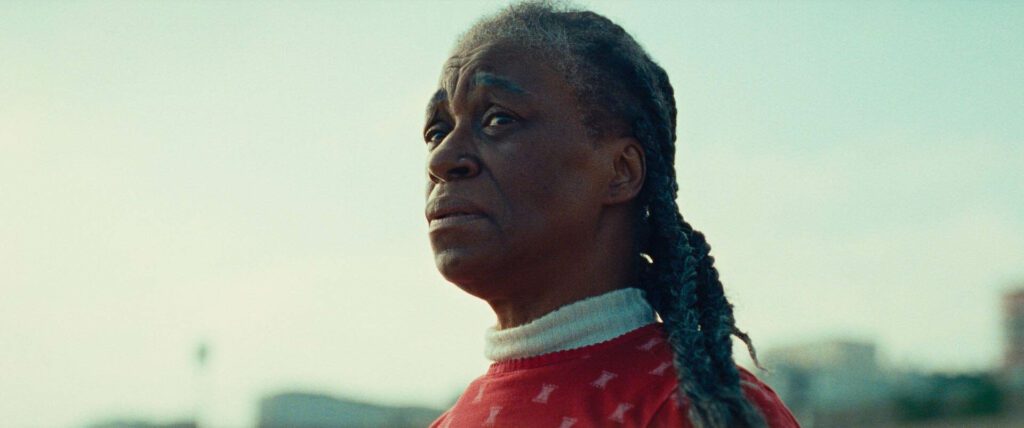
ASFF: The film touches on sensitive subjects in a direct but respectful way. It reflects on themes including grief, the passing of time, illness, relationships and memory. At the same time, it really makes audiences smile – it is a true feel-good story! How did you find the balance between the serious and comedic moments?
YA:I guess by not drawing any lines between serious and comedic moments. And just letting them exist and blur into each other, the way joy and tragedy naturally do in life. It was just a commitment to letting things stay open. When we’re going through dark times, we actively seek joy in the smallest of things, it’s a defence mechanism, and it’s necessary. When we deny ourselves the inherent consent to laugh at our darkest moments, we simultaneously dehumanise the experience. Being able to turn cancer into the punchline of a joke was our way of reclaiming power and joy back from an enemy who wanted to take those things from us. So I wasn’t setting out to necessarily write something ‘funny’, I was just trying to write something that felt unapologetically honest.
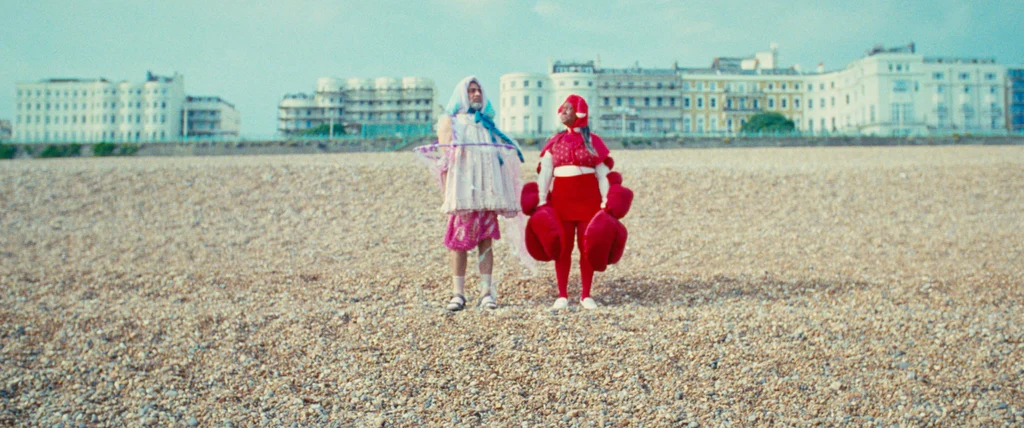
ASFF: The short is a magical realist fiction, where everyday moments are mixed with elements of fantasy. Was this a medium you always wanted to explore? Could you name some books/films that inspired you to use this technique?
YA: I love magical realism. It feels poetic and honest. It treads that tightrope between escapism from the world while also holding a mirror up to it. I started reading and writing poetry from a young age and I think in many ways that poetic lens lends itself to my work today. The ways we use metaphors in poetry to excavate a truth that would otherwise be constrained by language in its simplicity, the magical realism functions in my stories in the same way, it helps me dig beneath the surface and access a truth we wouldn’t otherwise be able to when the story is constrained by reality.
As for inspirations, I mean I love and have read absolutely everything by Kazuo Ishiguro and Ocean Vuong, they’re both writers who have been hugely influential on me. Michael Lee is also another writer I adore, whose poetry has left a lasting mark on me. Films that inspired me for this, I’d say were Little Miss Sunshine (dir. Valerie Faris, Jonathan Dayton, 2006), Swiss Army Man (Daniel Scheinert, Daniel Kwan), The Diving Bell and the Butterfly (dir. Julian Schnabel, 2007), It’s a Wonderful Life (dir. Frank Capra, 1946), and Big Fish (dir. Tim Burton, 2003). There’s probably more but I’d say those were my top 5.
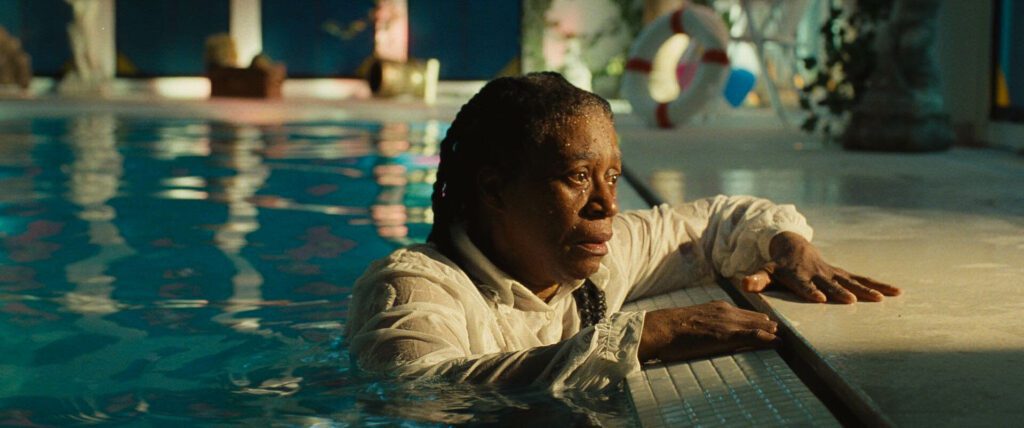
ASFF: Have you been able to process the BAFTA win? What would you like audiences to take away from the film?
YA: To be honest, I think I’m still processing. It definitely hasn’t quite hit home yet. Still feels like a dream. At the moment, I’m just doing what I’ve always done and what I would be doing had I not won and that’s continuing the work. I woke up the day after the BAFTA’s early in the morning (a little hungover) to continue writing what I’m working on at the moment. You can call that commitment or discipline but that implies an element of forced labour, for me it’s a joy. So I’m just getting on with life. I just feel grateful to be in the position I’m in now and just hungry to keep creating.
In terms of what I hope people take away from the film? Perhaps that there’s always joy to be found in the darkest of situations, the brevity of life is what gives it its magic. And also that growing old is beautiful and a gift. All your wrinkles are evidence of life and of time being kind to you. And it’s okay to shit yourself every once in a while! In the words of our friend Mido, “It’s just a little shit”.
ASFF: What’s next? Are you working on something at the moment? Do you think you’ll continue to explore similar topics as seen in Jellyfish and Lobster, or perhaps create something completely different?
YA: Currently, I’m in development for the feature version of Jellyfish and Lobster. In terms of other ideas I’m working on, honestly, they’re quite different from each other and touch upon different topics. But I don’t like using the word ‘topic’ to describe my work, I’d say it’s not about being topical but more about being characterful. For me, there will always be relevance and universality within the specificity of a character with depth. I think that’s memorable and that’s what we connect with, characters. So I wouldn’t put myself in any box. I’m pretty multifaceted in terms of my interests and approach. I’m a director. I’m fascinated with all people, all stories, all life has to offer. If it has a heart, I’ll be there. So who knows, I might want to do a grounded, character-driven body horror next!




